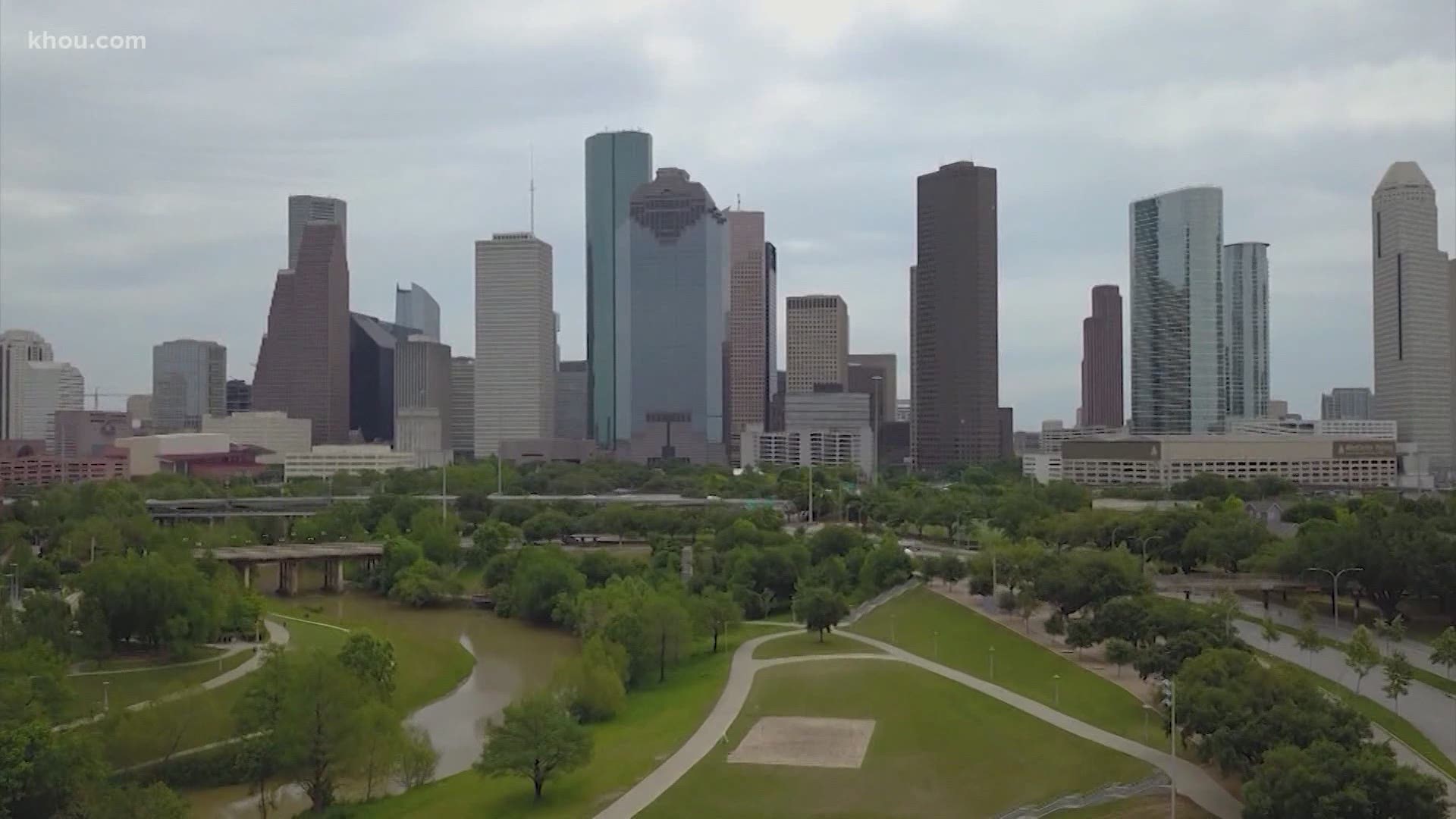HOUSTON, Texas — When coronavirus started circulating in the United States, we heard a lot of hope from doctors that the virus would drop during the summer months.
Dr. Wesley Long with Houston Methodist gave us his thoughts on the reality of whether or not coronavirus will drop off during the summer.
“I think we should expect to continue to see cases through the summer as things reopen and we continue to go back to some of our normal routines," Long said.
Houston’s heat and humidity have always been easy to complain about, but maybe all that sweat and all those sunburns will finally pay off. Maybe.
“Areas that are high heat, high humidity, like Houston, may see a small decrease in transmission," Long said. “Reopening things and people getting back together in the community could completely counter-balance that.”
He said while the summer season is usually a death sentence for the common flu, it may not be so for coronavirus at least, not this summer.
In fact, he expects our Summer cases to look very similar to today.
“Roughly, at the rate we’re seeing right now, hopefully with a slight tapering, but again, that’s a hope. It’s hard to predict," Long said.
He said while COVID-19 may be seasonal in the future, as for this summer, it’s too new to know.
“There’s no pre-existing immunity to it in the community so that enables it really to spread more," Dr. Long said.
And as for what we can expect long term, that’s also difficult to predict. He says there currently are four coronaviruses that live year round.
“They cause about a third of the common cold in adults and children. It’s possible that this could become the fifth coronavirus that circulates every year," Long said.
But another coronavirus, SARS CoV-1 which was identified in 2003, has practically disappeared.

